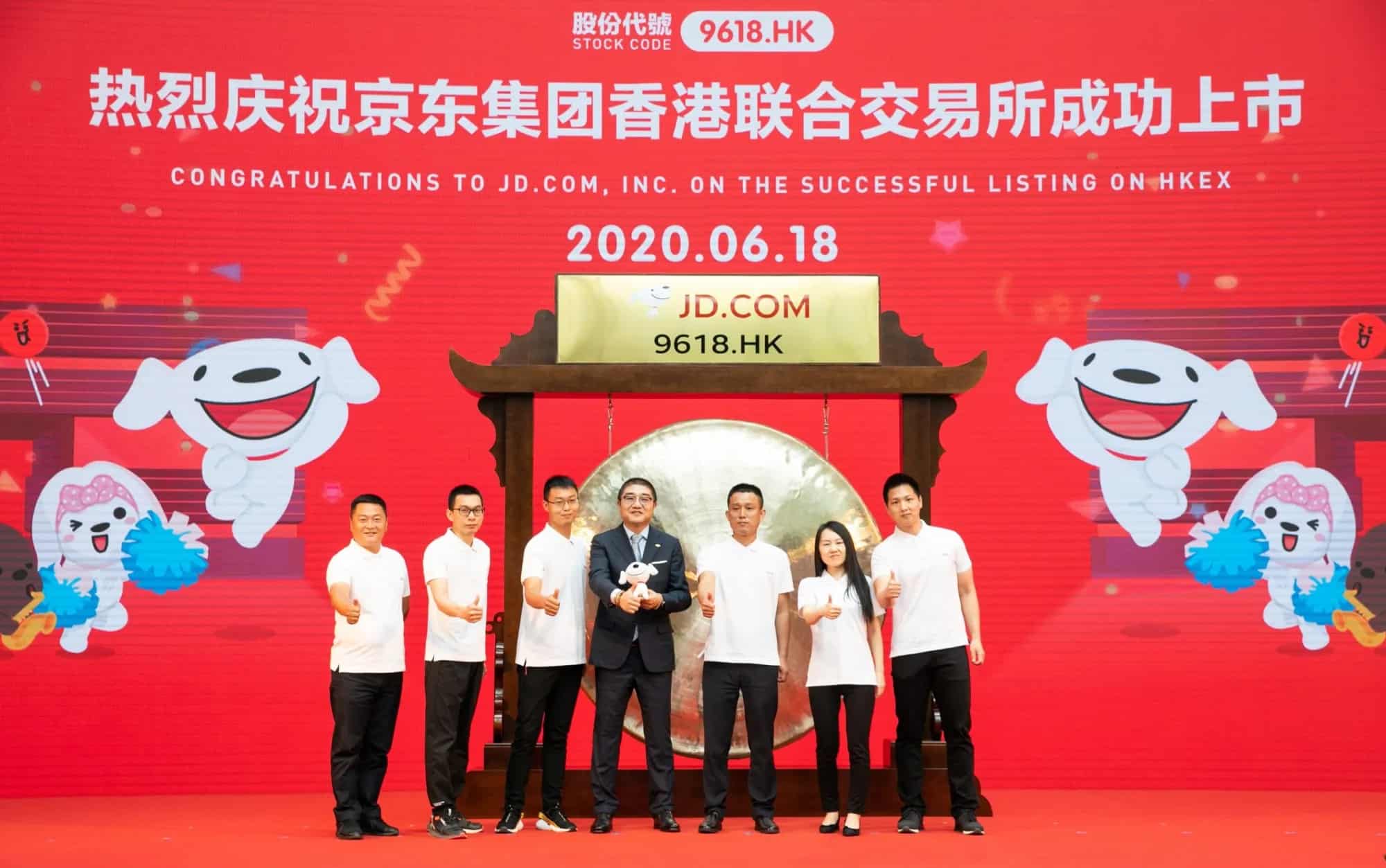Angela Huyue Zhang is an expert in Chinese law at the University of Hong Kong. Zhang attended Peking University and earned three law degrees from the University of Chicago Law School, where she studied with former Judge Richard A. Posner. Before joining the University of Hong Kong, she taught at King’s College London and practiced law in the United States, Europe, and Asia. She once served as a bankruptcy lawyer at Debevoise & Plimpton in New York and as an antitrust attorney at Cleary Got
LISTEN NOW
Face-Off: U.S. vs. China
A podcast about how the two nations,
once friends, are now foes.



